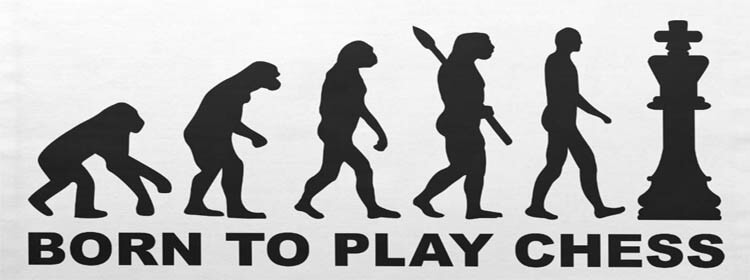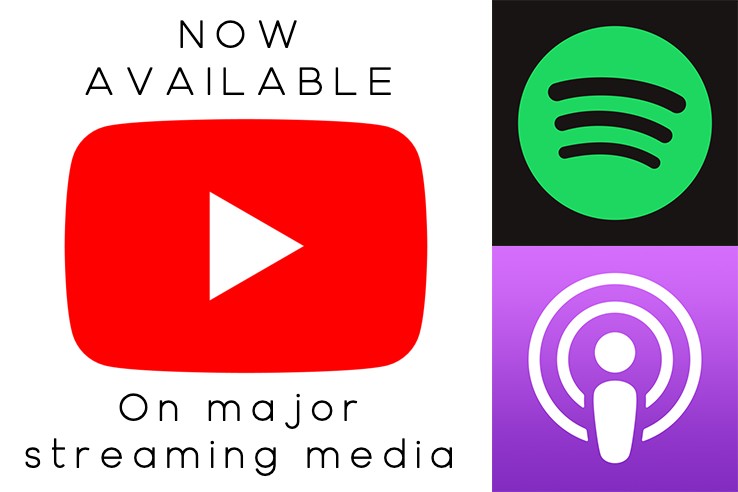In our information society, everything changes so fast; could chess be an exception? An article on chess and time will be herein presented but now the changes in correspondence chess will be the matter of discussion. Until, let's say, twenty years ago, most correspondence chess was dependent on the postal system.
Correspondence chess and computer assistance: evolution or cheating?
I believe some of us, chess players, didn't change the mindset yet, namely older enthusiasts, but nowadays correspondence chess mostly relies on e-mail and correspondence chess servers. Obviously, there will always be some nostalgic fans of the longing, long wait for the letter with the next move. That's beautiful, specially if you really like it; otherwise, it can be boring, given we are so used to receive so many new times letters (e-mails!) every day. Post correspondence chess cannot be so common anymore: just think when it was the last time you sent a letter by the postal system...
... but you can remember the last time you did check your e-mail account. And e-mail correspondence chess is as correspondence as all other forms (post, homing pigeons, smoke signals, ...). Actually, in your society, correspondence chess must be stronger than ever. Why? Because we live in a society of communication, data runs so fast and easily. A post correspondence chess may last weeks to years while by e-mail it may last just a few days. How do a chess player evolves? By study and, of course, practice (as all other activities, right?). So, if we can play more correspondence chess games, we will evolve faster in this chess subgenre. Pretty obvious, isn't it?
Actually, it is possible that over-the-board (OTB) chess can be overrun by correspondence chess. Oh, you may disagree but I give you two examples: have you ever played correspondence chess on your smartphone? It is so easy and comfortable! You may receive a notification with the new move every time you connect to the web. And example two: are you going to tell me that you never played an e-mail correspondence chess during your work time? At least you desired so. Online chess is not limited to correspondence chess, fortunately, but it is an excellent option in many circumstances.
From now on we will focus on the “computer correspondence chess” (e-mail and servers) and the big discussion arises: how much “computer” must be present in it? Let's be fair: we no longer have time to have several books open in different pages. We don't have space for several chess boards ready with a given position changing only once or twice per week. So, some computer assistance is unavoidable. The use of a chess database is mandatory. Moreover, we cannot expect to use a computer just to search in the chess database. It is so tempting to have a look in a chess engine too, namely when the position is interesting! This is just a few seconds and a few mouse clicks aways – what would prevent us of doing so? Ethics?
Ethics of correspondence chess
Ethics of correspondence chess: do not use a chess engine – this seems to be the main demand of the critics of the practice. I believe most of us, chess community, will disagree if a chess engine is playing instead of our actual human opponent but what if our human opponent is using a chess engine in only a few moves – is it cheating? Tricky... Nevertheless, does a chess player want to evolve and expect the best chess moves from his opponent or just want to be sure that having over 200 ELO points will assure a victory? Ethics: a coin that can be flipped.
I presume the vast majority of chess fans is seeking their own evolution in the game/art. Some correspondence chess players complain that, in many cases, the rating may be overrated nowadays due to the computer assistance. They may be right but is it so important? Even if they are using software to play their games, isn't it evolution? Isn't it a way to learn faster? Will this player be a worst OTB chess player after this experience? Arguable...
Some of us may have the appeal to cheat, obviously (aren't we humans, after all?), and using computer assistance during all the match and our whole correspondence chess career it is objectionable. Nevertheless, the total absence of computer assistance in correspondence chess is kind of utopia as well, unless you are happily waiting several days or weeks for a letter with the next move. Such pristine behavior is only possible for a few resistants, though; let's praise them for their patience. For most of us, I'm sure that correspondence chess practice is due to the love of this subgenre so let's open the chess database, calmly choose the best opening, send our best move by e-mail and let the game flow...
-- Paulo de Morrais , 22.09.2015, Porto --




